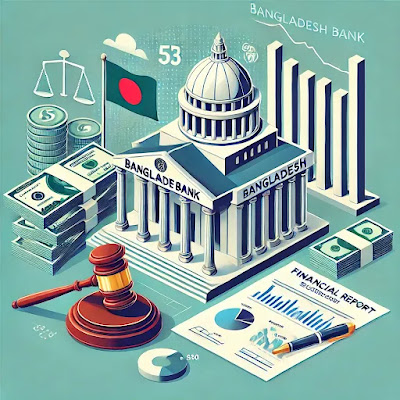Financial Institutions Act, 1993 – An Overview
The Financial Institutions Act, 1993 is a crucial legal framework governing the non-bank financial institutions (NBFIs) in Bangladesh. This Act ensures proper regulation, supervision, and development of financial institutions, enhancing the country’s financial stability.
Objectives of the Financial Institutions Act, 1993
Key Features of the Act
1. Licensing and Regulation
- Any financial institution in Bangladesh must obtain a license from Bangladesh Bank to operate.
- Institutions failing to comply with regulations risk license cancellation.
2. Capital and Reserve Requirements
- The Act specifies minimum capital requirements for NBFIs.
- Institutions must maintain a statutory reserve to safeguard financial security.
3. Supervision by Bangladesh Bank
- Bangladesh Bank has the authority to monitor, audit, and inspect financial institutions.
- It can take necessary actions if any violations of the Act occur.
4. Restrictions on Business Operations
- Financial institutions cannot engage in unauthorized activities beyond their scope.
- The Act prevents institutions from indulging in excessive risk-taking.
5. Penalties for Non-Compliance
- Financial institutions violating the Act can face fines, suspension, or license cancellation.
- Authorities may take legal actions against fraudulent activities.
Recent Amendments and Updates
Importance of the Act in Bangladesh’s Financial Sector
The Financial Institutions Act, 1993 plays a vital role in ensuring a strong, transparent, and stable financial system in Bangladesh. It protects investors, businesses, and depositors while encouraging financial growth.
Conclusion
Understanding the Financial Institutions Act, 1993 is essential for anyone preparing for banking professional exams. The Act provides a legal framework to ensure ethical and responsible financial practices in the country.
For more banking and financial exam preparation materials, stay tuned to Banking Professional Exam Assistant!




